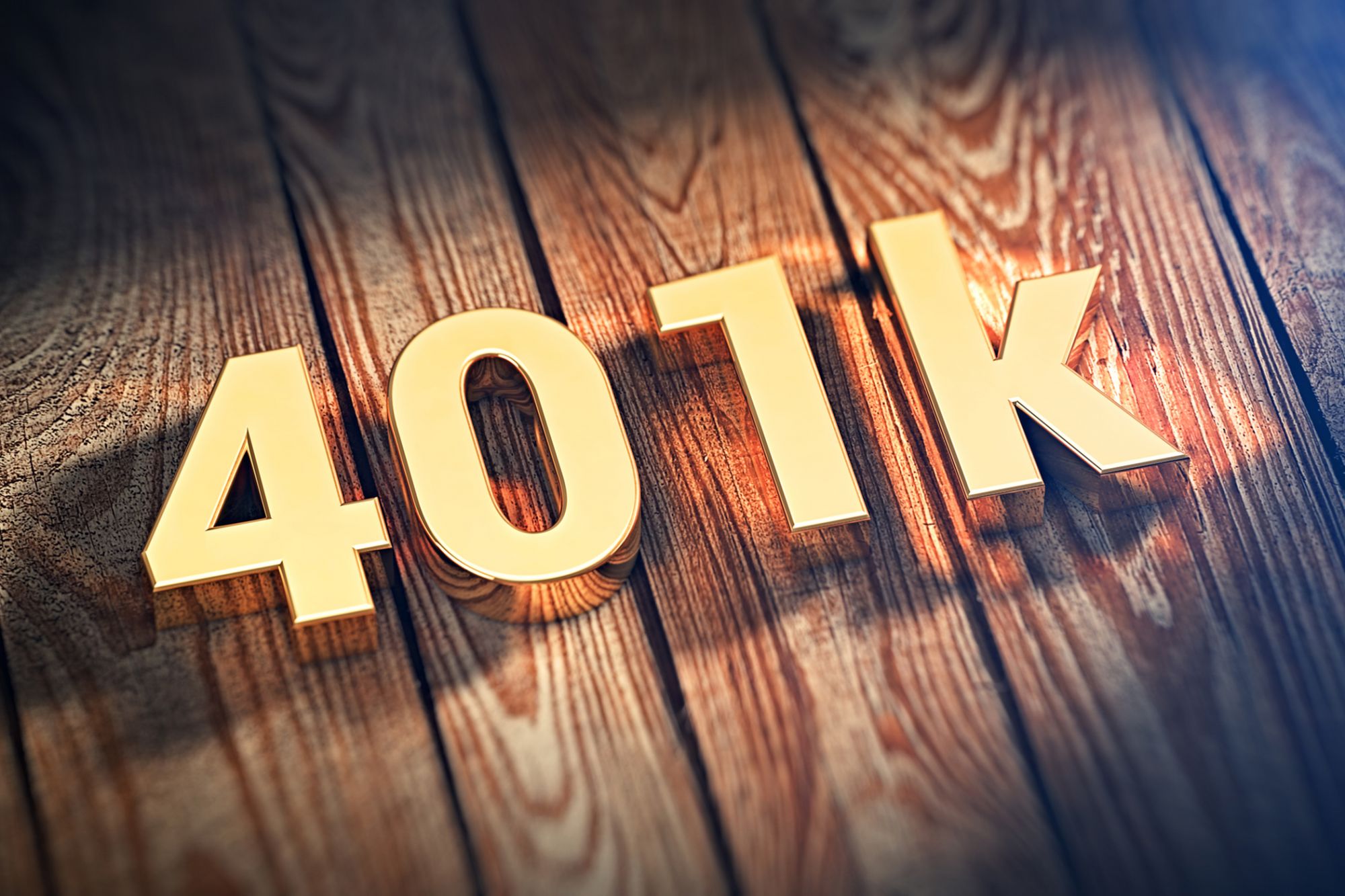Make 401(k)s Great Again Does it matter who won the election? Not really.
By Tom Zgainer
Opinions expressed by Entrepreneur contributors are their own.

There is an ongoing debate at cocktail parties as to which political party is better for the economy, the stock market and our 401(k) balances. The reality is, most financial experts will tell you that the U.S. stock market doesn't really care who is in office. Russ Koesterich, chief investment strategist at BlackRock, says that a focus on which party won the White House is entirely unwarranted. The U.S. stock market has hit a new high on 5 percent of all trading days, and this includes periods of both Red and Blue at the wheel. The good news? The market has always moved higher despite short term corrections, bear markets or who was occupying the oval office.
Related: The Healthy Investment Habits to Start Doing in Your 30s
That's not to say that our 401(k) isn't directly impacted by policy. In 2016, the Obama administration took issue with the industry's excessive and hidden fees being charged to the 70 million Americans using 401(k) plans as the primary hope for their financial future. They estimated that Americans were losing 16 billion annually in hidden fees! That's roughly the GDP of Honduras.
The White House empowered the Department of Labor (DOL) to put into action a rule that would require 401(k) providers to put the client's interest first -- a "fiduciary" rule. Yes, unlike doctors and lawyers, financial advisors and 401(k) providers have a green light to put profits ahead of people so long as their plans are "suitable."
After two years of intense fighting between the Government and the lobbyist who wanted to keep things status quo, the DOL rule actually passed and financial firms reluctantly geared up for a new era of the "fiduciary standard." But then, a Hail Mary pass from the current administration put a swift end to the rule and the newly installed leadership at the DOL backed away from the initiative.
Dodged a bullet.
Get this. It wasn't until 2012 that 401(k) providers were actually required to disclose how much were extracting for your account in fees. In what other industry would such insanity be tolerated by consumers? Now the disclosures are 30-50 pages long and opaque at best.
In dealing with thousands of business owners annually, I can tell you that most have never even seen their fee disclosure or know where to locate it. A 2001 AARP survey found that more than 70 percent of people with a 401(k) thought they weren't paying any fees at all. Nothing could be further from the truth.
Related: Do You Really Even Need a Financial Advisor?
With the DOL rule now dead, its business as usual and the traditional 401(k) providers -- mainly insurance companies and payroll companies -- have let out a collective sigh of relief. They now have the green light to continue charging excessive fees, sell their proprietary products/funds that may not perform as well and pay fat commissions to brokers. And why should you care? Because fees matter!
If you receive a 7 percent annual return, a single $10,000 investment will compound to $295,000 over the course of an investor's lifetime (50 years). But let's say you pay 2 percent in annual fees, which reduces your return from 7 percent to 5 percent annually. In this scenario, your $10,000 investment would only grow to $115,000. That's 60 percent less than what you could have had simply because of excessive fees.
The fix.
If you are a business owner, you need to benchmark your existing plan against other options and discover how much you are really paying in fees. Ironically, this is actually required by law, but very few business owners do it. They are busy running their business and often think of the 401(k) as a "check the box" item. This is exactly how the current providers prefer you think about it. Luckily, there are a handful of modernized 401(k) providers that are going toe-to-toe with the big brands -- and the fee reductions can be 50 percent or more. In addition, next generation providers don't typically sell their own products/funds and only use low cost index funds which don't pay commissions and typically outperform over time.
Related: What to Do If You've Reached the Max Amount in Your 401(k)
If you are an employee, you are ultimately beholden to your employer's choice of providers. But you are not powerless. In fact, the law states that the plan must be set up for the sole benefit of the employees. It's often a well-educated employee who instigates a look under the hood by upper management/ownership. I would encourage you to ask HR or the business owner if they have done a benchmark recently. Most business owners are constantly shopping vendors for fee savings so the 401(k) shouldn't get a free pass.







